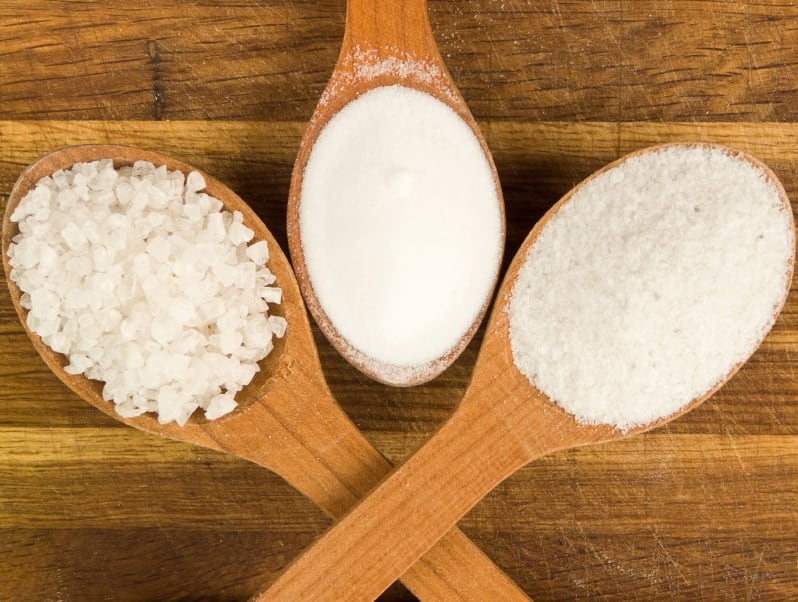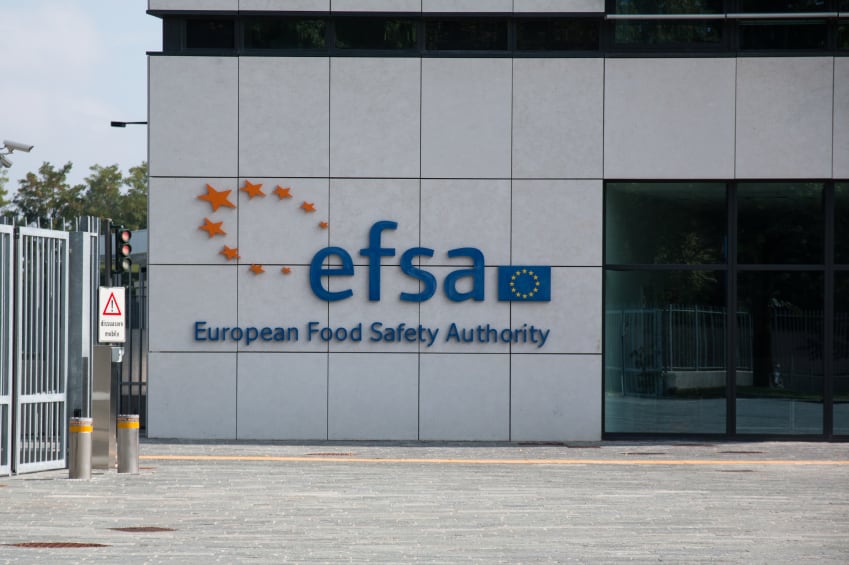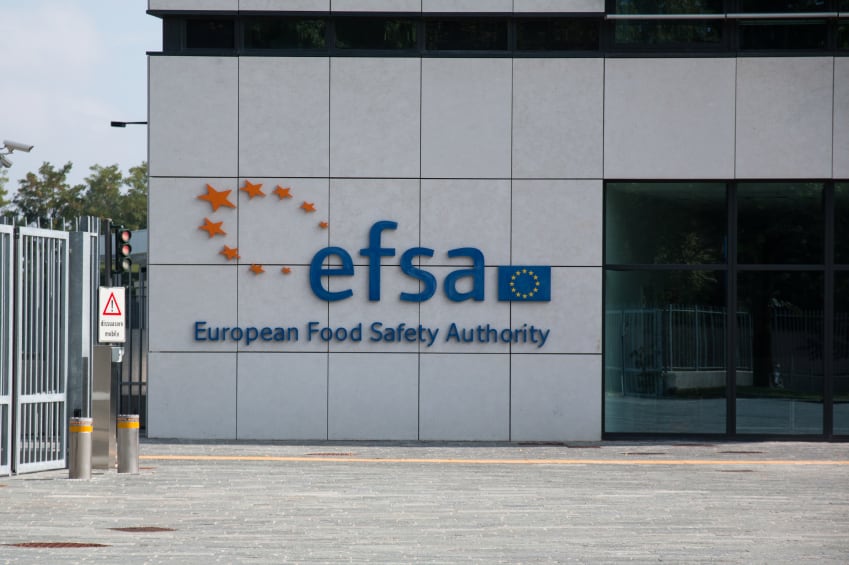In a statement by the food agency, the opinion adopted in June 2018 concluded a cause and effect relationship had not been established between the Symbiosal consumption and lowering of blood pressure and reduced hypertension risk.
This was despite assertions by France-based Han-Biotech that the agency had rejected the claim ‘Symbiosal reduces blood pressure’ rather than the applied claim ‘Symbiosal lowers the raising in blood pressure when used as a replacement of table salt.’
Han-Biotech followed up with claims that a reduction in systolic blood pressure (SBP) of 10mmHg was clinically significant and was a magnitude expected from a pharmaceutical product.
The firm also questioned whether the Panel expected a specific degree of blood pressure lowering (e.g. beyond 10mmHg) to reach a positive conclusion on the substantiation of the claim.
Section 3.1
In response EFSA said that for easy reference and convenience, scientific opinion titles in relation to health claim applications specify the food/constituent for which the claim is made and the claimed effect.
They added that the conditions in which the claim was assessed were detailed in the body of the opinion.
“Section 3.1 clearly specifies that this is a replacement claim: “The Panel considers that the food, Symbiosal, which is the subject of the health claim, and the food, table salt (i.e. NaCl), which Symbiosal should replace, are sufficiently characterised,” the statement set out.
“In this context, the claimed effect is interpreted in the context of comparative claims, i.e. lowering of blood pressure as compared to table salt. EFSA would like to reassure the applicant that this is the scientific question that the Panel has assessed in the opinion.”
‘Biological plausibility’
Regarding the SBP reduction of 10mmHg, EFSA agreed with the applicant that it was clinically significant and was a reduction expected from medications to treat hypertension.
However, its comparison to pharmaceuticals remained a sticking point with EFSA as the agency highlighted a number of studies that were submitted in support of the product’s claimed health effects.
One of the studies, which noted the reduction in SBP of 10mmHg using Symbiosal, was questioned by the panel as to its ‘biological plausibility.’
“There is no evidence for a mechanism by which Symbiosal could reduce SBP by10 mmHg as compared to table salt,” EFSA said.
“It is a magnitude of effect that could be expected from drugs rather than from a nutritional intervention.”
The Panel also noted that the results of the study have not been supported by other research groups.
They also added that the majority of nutritional interventions that reduced blood pressure mean changes in SBP ranged from 2 to 5 mmHg, which was half the reduction in SBP observed for Symbiosal as compared to table salt.
Such nutritional interventions have targeted either single nutrients with a recognised effect on blood pressure (e.g. sodium, potassium) or the whole diet (e.g. Dietary Approaches to Stop Hypertension-DASH diet)
Mechanism of action
Further scrutiny of the product continued as the agency delved deeper into the possible mechanism of action by which Symbiosal could exert the claimed effect.
Symbiosal is produced by mixing sea salt (97%) with chitosan (3%), following a patented manufacturing process. Chitosan itself is a polysaccharide produced from chitin derived from crab shells.
In the rejected application, Han‐Biotech claimed that chitosan would bind chloride ions (Cl-) in the intestine and decrease their absorption, ‘neutralising’ the blood pressure-raising effect of Cl- through the Angiotensin-converting enzyme (ACE) system.
The Panel noted that the studies provided did not establish that Symbiosal binds Cl- in the gut or that, upon oral administration, Symbiosal has an ACE inhibitory activity through this or other mechanisms.
Previous positive opinion
Han-Biotech responded by citing a previous positive claim that identified chitosan as exerting the claimed effect by binding to negatively charged lipids, reducing their gastro-intestinal uptake.
The firm considered that such mechanism of action was the same as the one proposed in the present application for an effect of chitosan (Symbiosal) on blood pressure, and that the Panel has already ‘accepted’ an ion-binding effect of chitosan in the intestinal tract.
“EFSA wishes to clarify that the scientific substantiation of the claim on chitosan and maintenance of normal blood LDL-cholesterol concentrations was based on a meta-analysis of human intervention studies.
“The proposed mechanism of action was not taken into account in weighing the evidence. Although animal studies suggested decreased lipid absorption with chitosan, its effect on 24 hour faecal fat excretion in humans is not significant and it is unclear if this could play a role on the claimed effect.”
“The comments received did not provide evidence which would warrant a change in the conclusions of the NDA Panel.”



